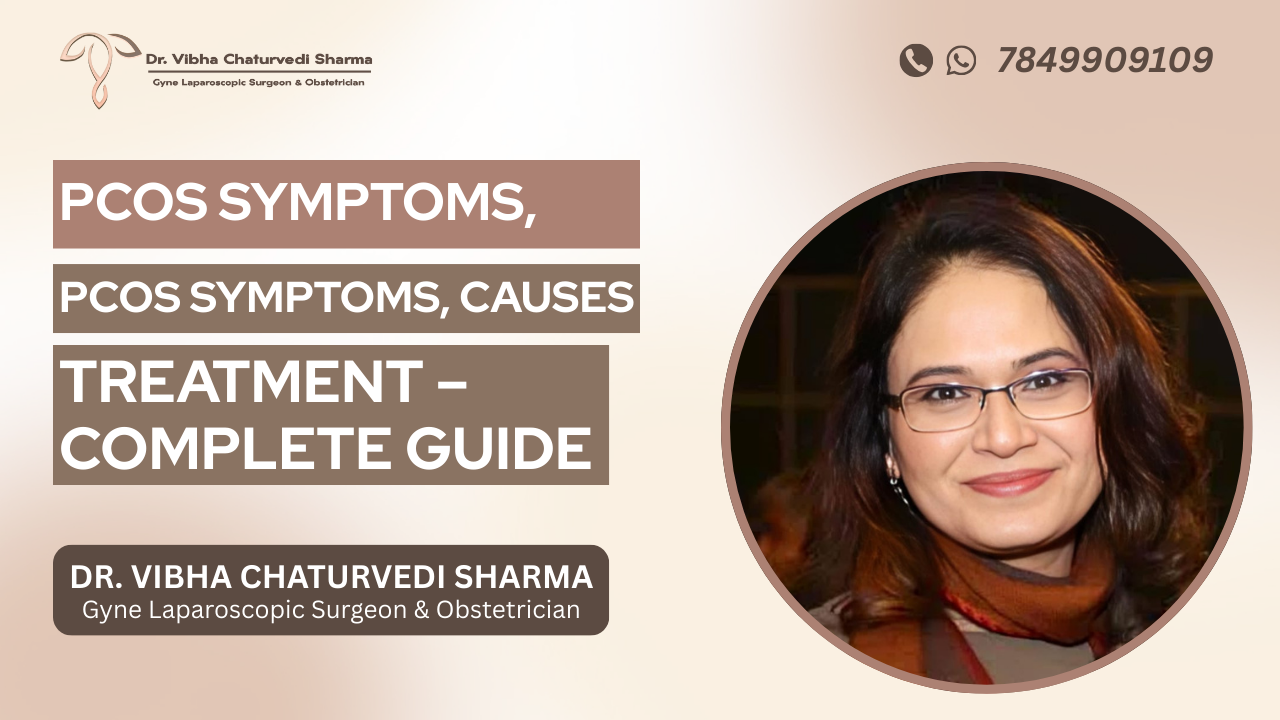What is Laparoscopic Surgery?
Laparoscopic surgery is characterized by small incisions, typically no larger than half an inch, through which a surgeon inserts surgical instruments along with a laparoscope—a small camera. This camera projects images onto a monitor, allowing the surgeon to view the internal structures of the body clearly, without making large cuts.
Why Choose Laparoscopic Surgery?
The advantages of laparoscopic surgery are significant, making it a preferred method for many procedures:
- Reduced Recovery Time: The smaller incisions result in shorter hospital stays and a quicker return to daily activities.
- Decreased Pain and Scarring: Patients often report less pain following surgery and minimal scarring.
- Lower Infection Risk: The risk of infection, both external and internal, is greatly reduced due to the smaller incision size.
- Enhanced Surgical Precision: The magnified images provided by the laparoscope allow for more precise and accurate surgical interventions.
The Laparoscopic Procedure Explained
- Preparation: Before the surgery, patients undergo thorough assessments to confirm their suitability for anesthesia and the procedure.
- Making the Incision: The surgeon makes small incisions in the abdomen.
- Inserting the Instruments: Through these incisions, a laparoscope and other necessary surgical tools are inserted.
- The Surgical Process: The surgeon manipulates the instruments while viewing the internal organs on the monitor, performing the surgery with precision.
- Closing the Incision: After the procedure, the incisions are stitched up or sealed with surgical tape.
Post-Operative Care Following Laparoscopic Surgery
The importance of diligent post-operative care to ensure a smooth and speedy recovery:
- Adherence to Doctor’s Instructions: It is crucial to follow the specific guidelines provided by your surgeon to avoid complications.
- Managing Pain: Although typically less severe, any post-surgical pain should be managed according to the doctor’s prescription.
- Caring for Incisions: Keep an eye on the incision sites for signs of infection, and maintain their cleanliness and dryness.
- Rest and Gradual Activity: While rest is important, gentle movements are encouraged to enhance circulation and aid healing.
- Nutritional Care: Eating a well-balanced, fiber-rich diet can speed up recovery and help avoid issues like constipation.
- Hydration: Maintaining adequate fluid intake is essential for recovery and overall health.
- Routine Follow-ups: Do not miss any post-operative appointments as these are critical for monitoring your healing progress.
- Watching for Complications: Seek immediate medical attention if you experience severe pain, fever, or any unusual symptoms post-surgery.
Dr. Vibha Chaturvedi Sharma champions laparoscopic surgery as a safe and efficient choice for a variety of gynecological conditions. By adhering to the recommended post-operative care, patients can achieve a favorable recovery.
For more detailed information or personal consultation, Click here





